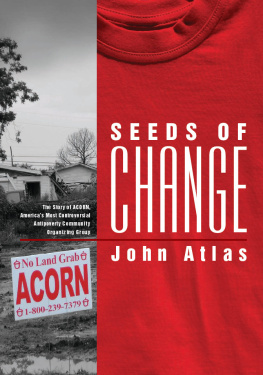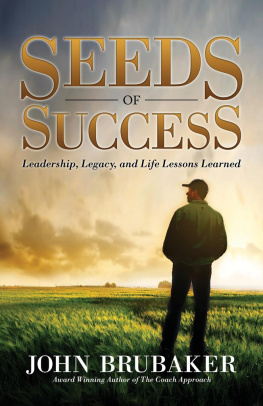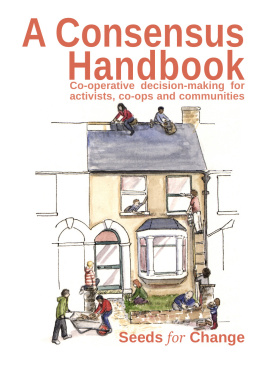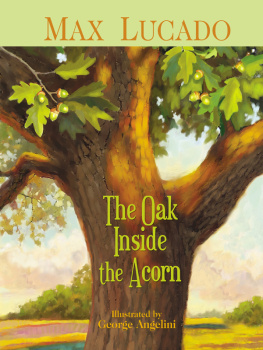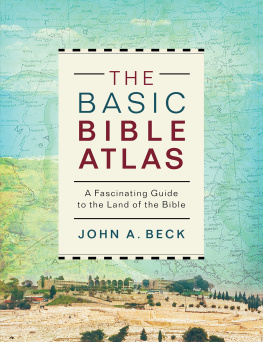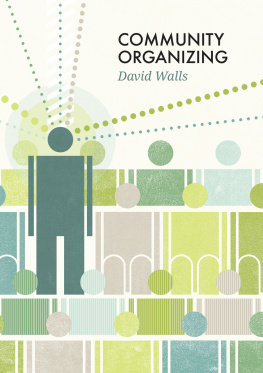Preface
For forty years I worked on the front lines of anti-poverty and social justice efforts and discovered how hard and frustrating it is to make a difference. I played many roleslawyer, executive director, board member, organizer, fundraiser, mentor, editor, public speaker, writer and publicist. I shared some of these experiences through a biweekly radio program in New York, television shows, dozens of magazine articles, and a book, Saving Affordable Housing. As a legal aid lawyer I helped hundreds of families threatened with losing their homes and organized civic groups like the New Jersey Tenants Organization, whose members successfully lobbied to protect renters from slumlords, unfair evictions, and skyrocketing rents. In 1976 I helped launch Shelterforce, a magazine for anti-poverty activists and practitioners engaged in housing and saving neighborhoods, and served as an editor and its president for thirty-three years. I have joined forces with ideologically diverse groups to promote policies that would strengthen civil society and fight poverty.
In 2003, I took time off from work as a lawyer to evaluate my efforts and those of others who had dedicated their lives to the cause of democracy, equality, and justice since the late 1960s. What had we accomplished? What were the strengths and weaknesses of our efforts? What lessons could be learned that would be useful to a new generation of progressive activists, policy practitioners, and thinkers? I received a Charles H. Revson Fellowship at Columbia University and in 2004 used that opportunity to start writing a book about poverty, democracy, and politics by looking at ACORN.
ACORN was founded in 1970, about the same time I committed myself to helping poor and working-class Americans improve their lives, so its history coincided with the time frame I wanted for examining anti-poverty efforts in America. As a legal aid lawyer, I had worked with a local ACORN chapter in Paterson, New Jersey, and watched its members and their children, armed with black garbage bags, gardening gloves, and shovels, clean up a local park, removing newspapers, broken glass, and beer bottles to turn a neighborhood eyesore into a community asset. ACORN also organized a campaign to prevent lead poisoning in young low-income and minority children. I observed its members providing sound advice to families filling out tax returns, carefully showing eligible families how to obtain the federal tax credit for the working poor, a benefit supported by presidents Ronald Reagan and Bill Clinton. ACORN's largely black and Hispanic members seemed unafraid to protest and loudly confront local politicians to get what they wanted to improve their neighborhood. The organization's successes and failures, I thought, might provide valuable lessons about the subject and era I hoped to focus on.
I thought a book about ACORN would complement other books about the poor that were at odds with my own experiences. The best of themAmerican Dream: Three Women, Ten Kids, and A Nation's Drive to End Welfare by Jason DeParle (Viking Books, 2004), The Working Poor by David Shipler (Knopf, 2004), and Random Family by Adrian Nicole LeBlanc (Scribner, 2003)document the plight of the working poor and provide a valuable, complex portrait of what it's like to be deprived in a wealthy society. But each of these writers presents poor people as mostly passive victims. Some work in low-wage jobs, while others are jobless. Some are good parents, while others neglect their children. Some are responsible citizens, while others drug addicts, criminals, or moral deviants whose actions separate them from normal society. Absent from all these books are stories of collective efforts by the working poor to lift themselves up and change public policy, like families in ACORN and those involved in New Jersey's tenant movement.
My book, Seeds of Change, offers a look at America's poor and challenges the assumptions of conservatives and liberals who presume that the poor are helpless victims unable to change themselves or society. ACORN reflects the American tradition of helping the poor help themselves. Its work suggests that the best prescription for reducing poverty should start, as many organizers have said, with the maxim, If you give a man a fish, he will eat that day, but if you teach a man to fish, he will eat every night. But what if the river where you fish is polluted and the fish are dying? The hungry person who learned how to fish will need to organize or join a community group that can mobilize public opinion, demonstrate against the polluters, and sue them, as well as pressure government officials to clean up the water. In other words, we must teach people how to fight as well as fish.
In the chapters to come, I follow ACORN's organizers, leaders, allies, and opponents, weaving their stories into a tapestry that includes the broader context of American culture, democracy, and politics. I take you behind the recent headlines about ACORN and follow the lives of leaders of the organization like Maude Hurd, Beatrice Jackson, Paul Satriano, and Pearl Gilbertblack and white, poor and working class, each of whom joined after an organizer knocked on their door. These people do not seek charity. They seek justice.
You will meet others, several from elite universities, who through wisdom, sweat and toil, common sense, trial and error, and bold, brilliant strategies formed a truly unique organization, a poor people's force for individual and political transformation. You will also learn the truth behind the attacks against ACORN and allegations of its illegal activities.
Margaret Mead, the anthropologist, was only partly correct when she famously said, Never underestimate the power of a small group of dedicated people to change the world. Indeed it's the only thing that ever has. The ACORN story also suggests that making a difference in the fight for social justice takes more than hard work and dedication. The outcome of the struggle depends on the leadership's integrity as well as the vision, tactics, and strategies employed by the small group. Unless its plans inspire the widespread participation of the working poor, significant change will not come.
Since the Boston Tea Party, every major improvement in economic, social, and political conditions has occurred when the educated elite and ordinary people join together to push for change. That's how Americans abolished slavery, established voting rights for women, ended lynching, expanded workers' rights, provided a safety net for seniors and the poor, boosted a majority of the U.S. population into the middle class after World War II, protected consumers from tobacco companies and the environment from corporate polluters, dismantled Jim Crow, and improved conditions for migrant farm workers. If America is going to dramatically reduce poverty, it will require a movement similar to those.

